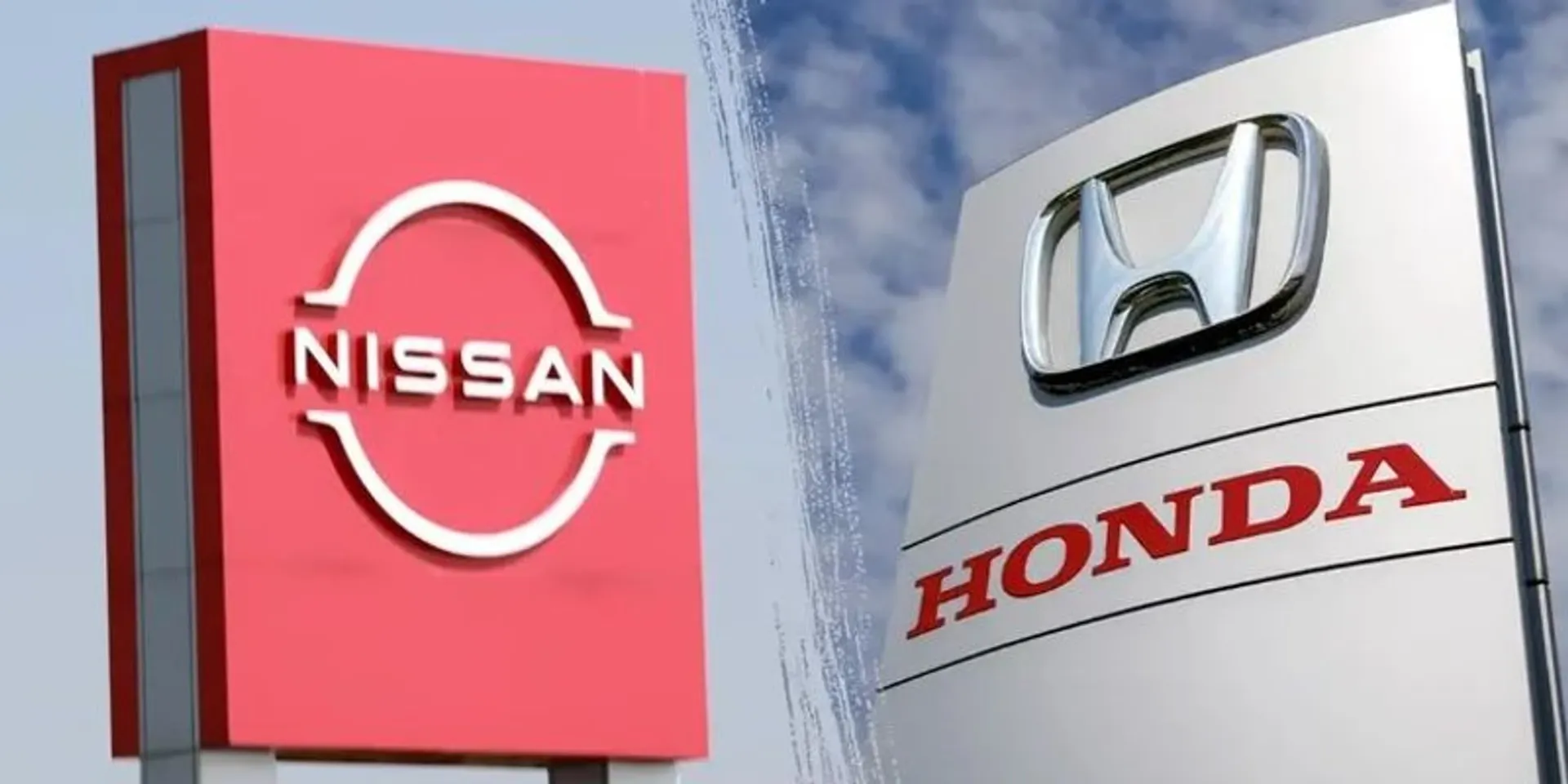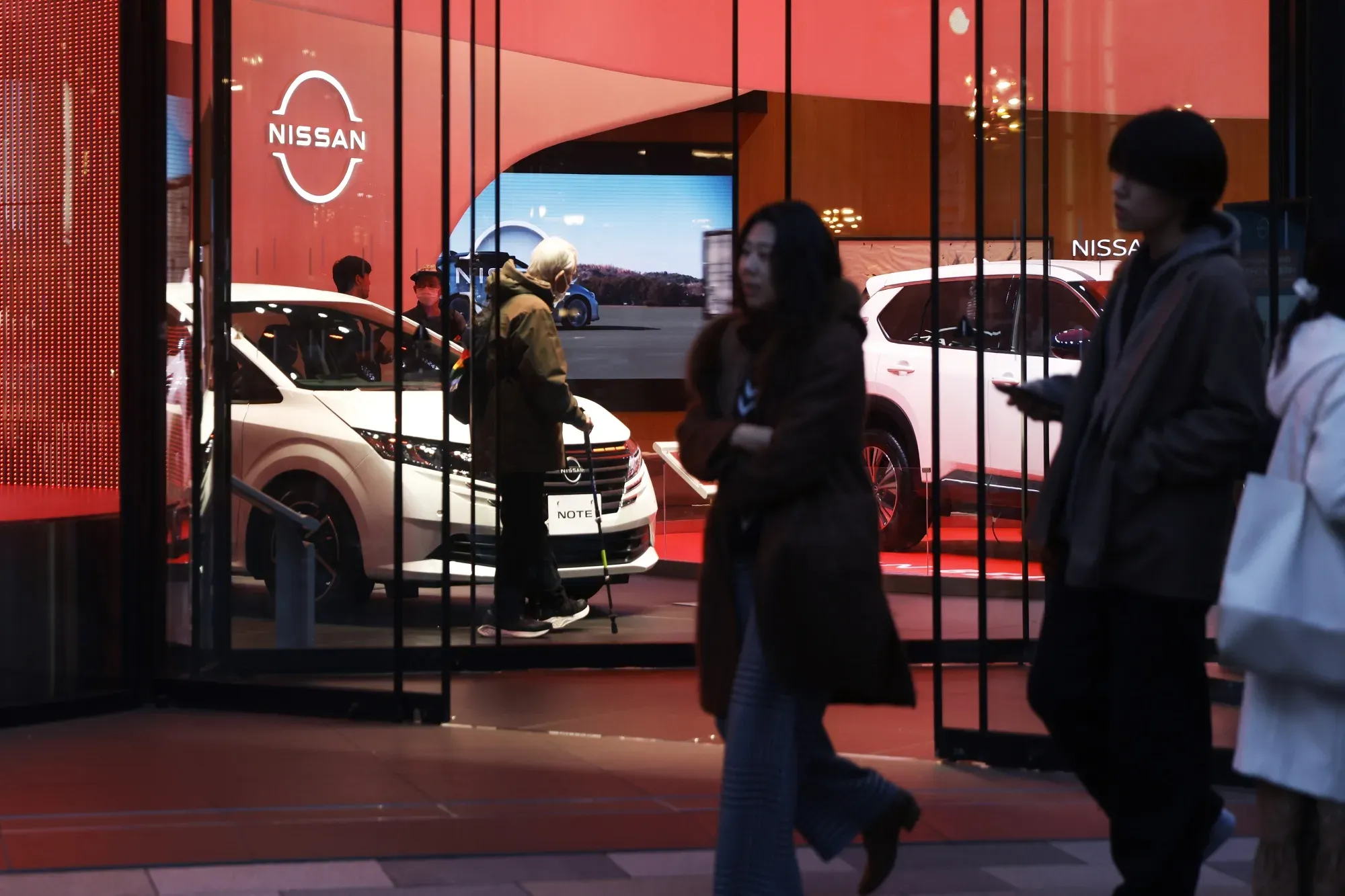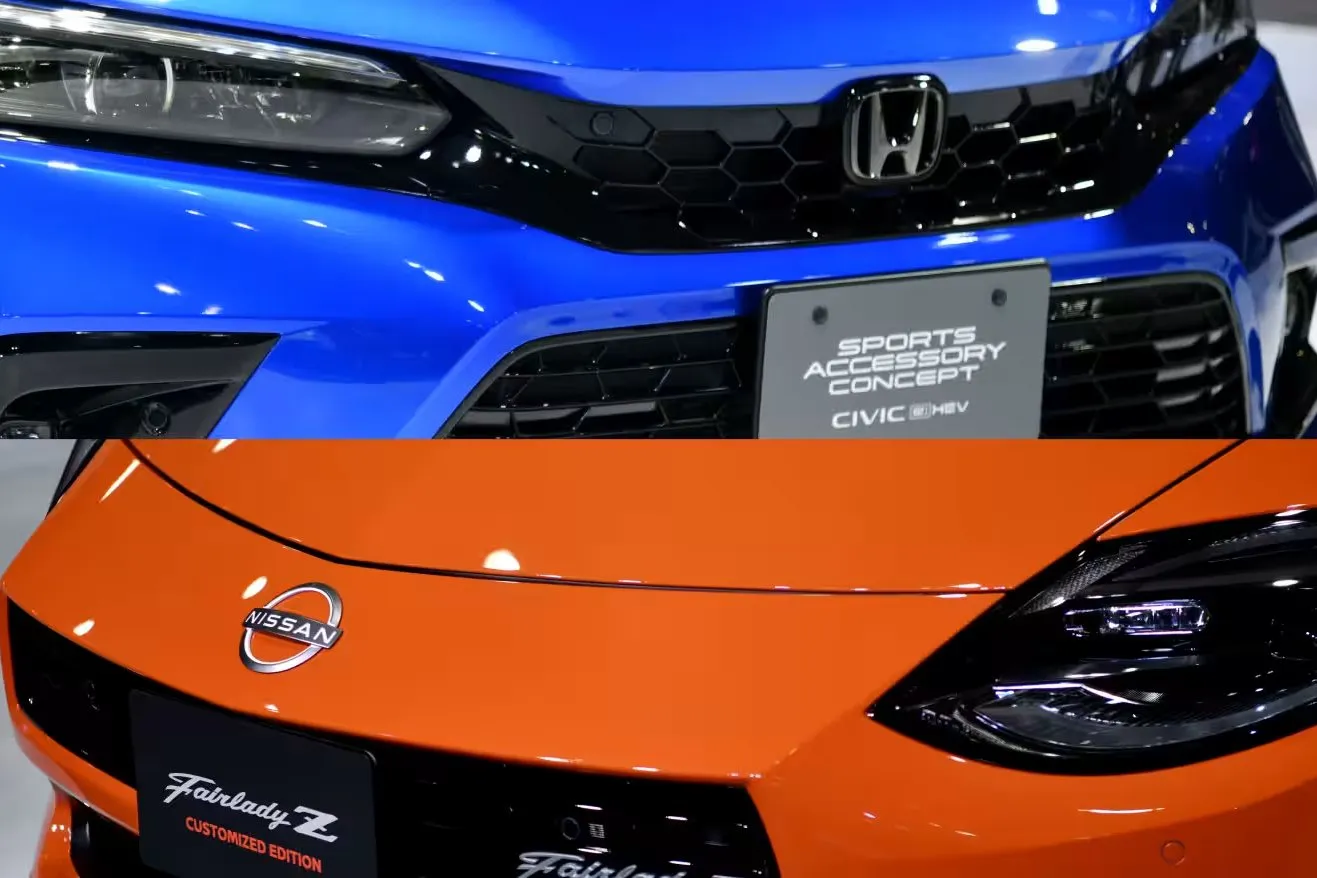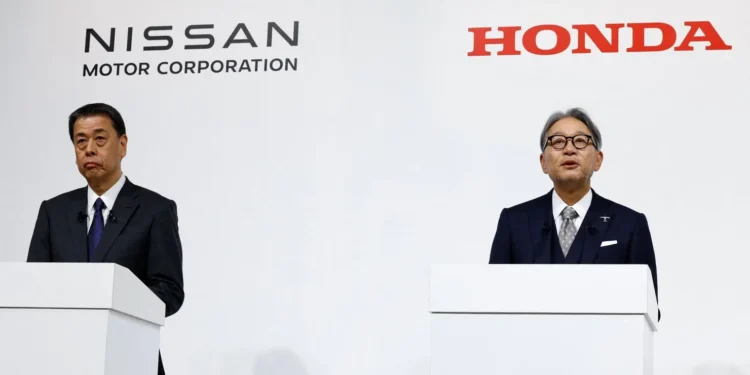In a recent press interaction that turned unexpectedly candid, Honda’s CEO Toshihiro Mibe faced a challenging moment when asked about the company’s potential merger with Nissan. Mibe’s struggle to articulate clear reasons behind choosing Nissan as a partner highlighted the uncertainties surrounding this corporate alliance. This moment of honesty might have been amusing to the audience, but it also underscored the broader implications and scepticism that cloud this potential merger.

Why Honda Might Be Eyeing Nissan
Honda, traditionally strong in the gas-powered and hybrid sectors, finds itself at a critical juncture, especially as it attempts to navigate the electric vehicle (EV) market. The collapse of its partnership with General Motors after the Honda Prologue’s launch has left it scrambling to catch up in the EV race. The introduction of its first home-grown long-range EV next year is highly anticipated but brings its own set of challenges.
Nissan, on the other hand, is not without its woes. Once a frontrunner in the EV market with models like the Leaf, Nissan now struggles with financial instability and a lacklustre EV lineup marked by the less popular Ariya and the ageing Leaf. The company’s current state might not scream ‘ideal partner,’ yet it brings to the table decades of experience in building a robust network of factories and a significant presence in Southeast Asia—a key market.
Speculation suggests that the merger could be a strategic defence against a potential hostile takeover of Nissan by entities like Foxconn, indicating a move driven more by necessity than by an ideal alignment of corporate strategies.

Skepticism from Analysts
Julie Boote, an automotive analyst with Pelham Smithers Associates, expressed skepticism about the merger’s rationale. According to Boote, Honda would ideally partner with a “healthy and financially sound company,” a description that currently does not fit Nissan. Analysts like Boote suggest that Honda’s move might be more about preserving certain strategic interests rather than merging for mutual growth.
The potential merger raises several questions about the synergy between Honda’s and Nissan’s technologies. Could Honda’s expertise in hybrids rejuvenate Nissan’s dated lineup? Does Nissan’s EV technology offer Honda a much-needed boost to stay competitive in the EV arena? These are possible advantages, but whether they will materialize into real benefits remains a significant uncertainty.

Government Influence and Future Prospects
Rumours hint at the involvement of Japan’s Ministry of Economy, Trade, and Industry (METI) in pushing the deal forward to prevent a foreign takeover of Nissan. This governmental push, if true, could explain the rushed nature of the merger discussions.
Carlos Ghosn, the former CEO of Nissan, who has kept a keen eye on the unfolding events, critiqued the move by stating, “That means you’re putting control above performance.” Ghosn’s scepticism reflects a broader concern that the merger might prioritize strategic control over genuine performance enhancements.
As Honda and Nissan navigate the complexities of a potential merger, the outcome of this alliance will likely take years to fully realize. Industry experts like AlixPartners suggest that any tangible results could take three to five years to materialize, during which time competitors, particularly from China, could further solidify their dominance in the EV market.
The road ahead for Honda and Nissan is fraught with both opportunities and challenges. As both companies approach a possible merger, the automotive industry watches closely, aware that while the alliance might not be a magic bullet, it is a significant step in an era marked by rapid technological changes and market shifts.










